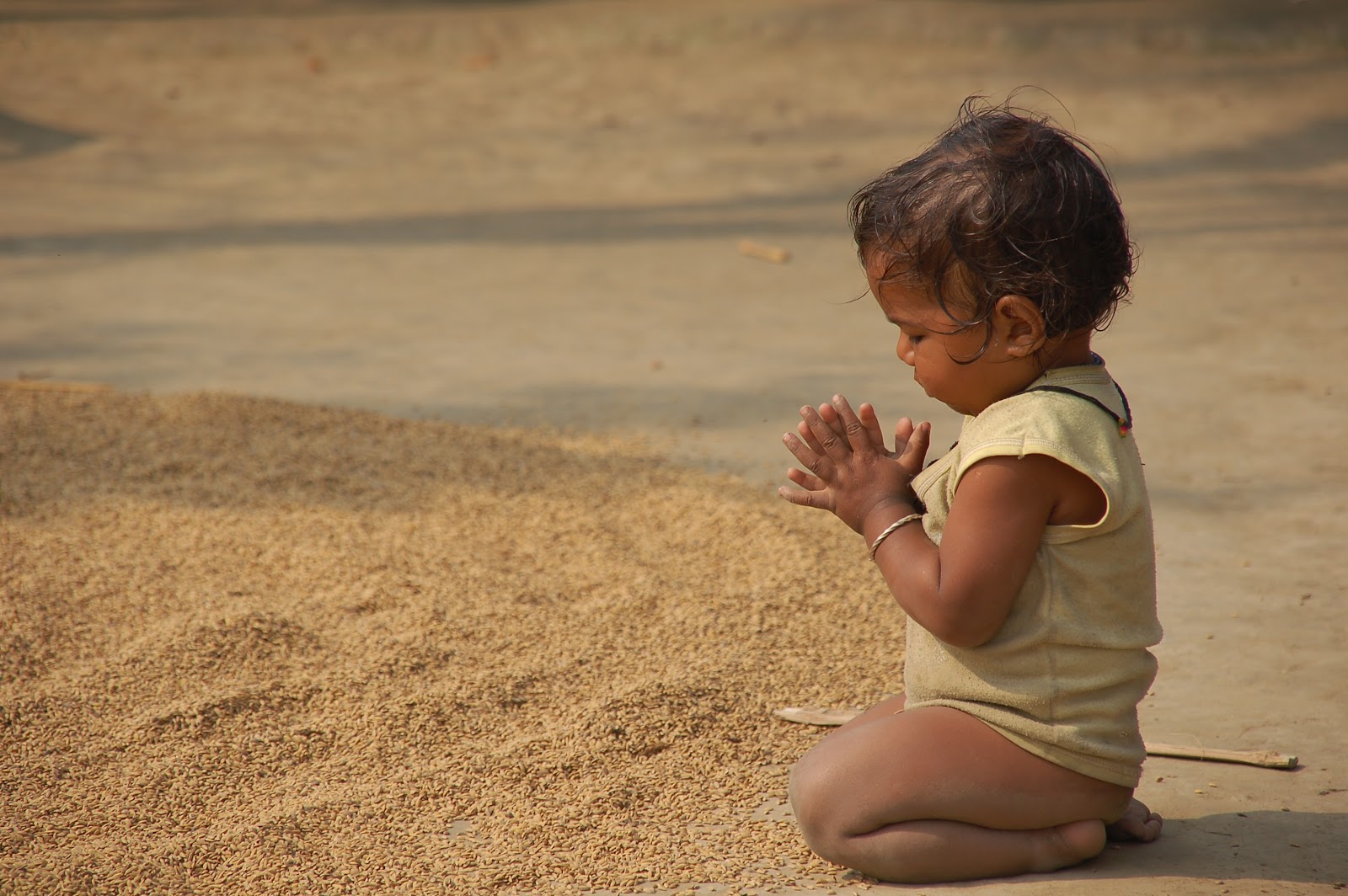Blessed are the poor in spirit, for theirs is the kingdom of heaven (Matthew 5:3).
Take a moment to count a few of your blessings over the past 24 hours. If you find that difficult, simplify: The sun shone or a needed rain fell. A checkout clerk spoke kindly as you fumbled in search of your debit card. You breathed the air, for goodness sake. All these things and countless more came to you as sheer gifts.
Let that sink in. The poor in spirit are the grateful. Arguably, one could translate “poor in spirit” as “gratitude.” Blessed are the grateful. That translation works because the Greek for “poor” means more specifically, “beggar.” The poor in spirit come before God in utter vulnerability and need, and they understand that whatever they have, whatever blessings come their way are pure gifts. The idea that they have earned anything at all seems sheer delusion to them. For as they review the story of their achievements and accumulations, they realize that they benefited so much from resources beyond their grasp and claim that they really can say nothing more than, “Thank you.”
Few reach this insight without hitting bottom first. When the diagnosis is cancer or addiction, when the outcome is failure or bankruptcy, when stripped of the stuff that makes for status or comfort or control, you face a decision. Either start over and count the blessings that remain, or proudly insist on your self-sufficiency. In the former case, you regain a foothold in reality. In the latter, to paraphrase Shakespeare, you tell a fool’s story, full of sound and fury, signifying nothing.
By no accident did Jesus open his Beatitudes with this blessing upon the grateful. For gratitude makes the rest of the virtues possible. It is hard if not impossible to grieve well, be strong and gentle, and live out of your deepest desire for God without gratitude to the One who gave you strength to face adversity and who offers companionship on the road.
Moreover, for most who grow spiritually, the planting came with failure or loss, with disorientation and pain. In his Bible translation, The Message, Eugene Peterson rendered this Beatitude, “You are blessed when you are at the end of your rope.” If you dangle there, Jesus promised life in God’s loving realm, as if to assure you, “Let go now; you will land in God’s arms.” Letting go takes the courage of faith. Letting go takes hope. Letting go takes love for the One in whose arms you most long to rest.
Frederick Buechner: Putting Color Back In the Cheeks of Grace
Practice Gratitude for a Healthy Mind and Soul
Radical Gratitude: How the First Beatitude Changed Me
This post was originally published July 30, 2015.


0 Comments